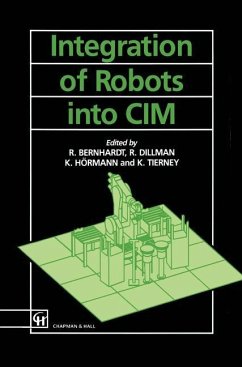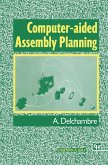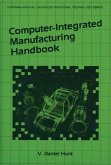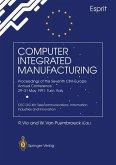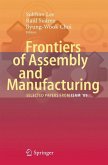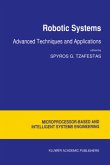From its inception in 1983, ESPRIT (the European Strategic Programme for Research and Development in Information Technology) has aimed at improving the competitiveness of European industry and providing it with the technology needed for the 1990s. Esprit Project 623, on which most of the work presented in this book is based, was one of the key projects in the ESPRIT area, Computer Integrated Manufacturing (CIM). From its beginnings in 1985, it brought together a team of researchers from industry, research institutes and universities to explore and develop a critical stream of advanced manufacturing technology that would be timely and mature for industrial exploitation in a five year time frame. The synergy of cross border collaboration between technology users and vendors has led to results ranging from new and improved products to training courses given at universities. The subject of Esprit Project 623 was the integration of robots into manufacturing environments. Robots are a vital element in flexible automation and can contribute substantially to manufacturing efficiency. The project had two main themes, off-line programming and robot system planning. Off-line programming enlarges the application area of robots and opens up new possibilities in domains such as laser cutting, and other hazardous operations. Reported benefits obtained from off-line program ming include: - significant cost reductions because re-programming eliminates robot down-time; - faster production cycles, in some cases time-savings of up to 85% are reported; - the optimal engineering of products with improved quality.
Bitte wählen Sie Ihr Anliegen aus.
Rechnungen
Retourenschein anfordern
Bestellstatus
Storno

